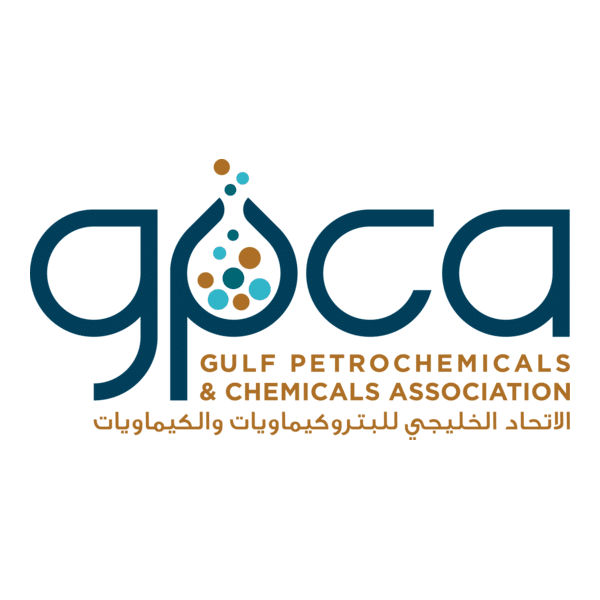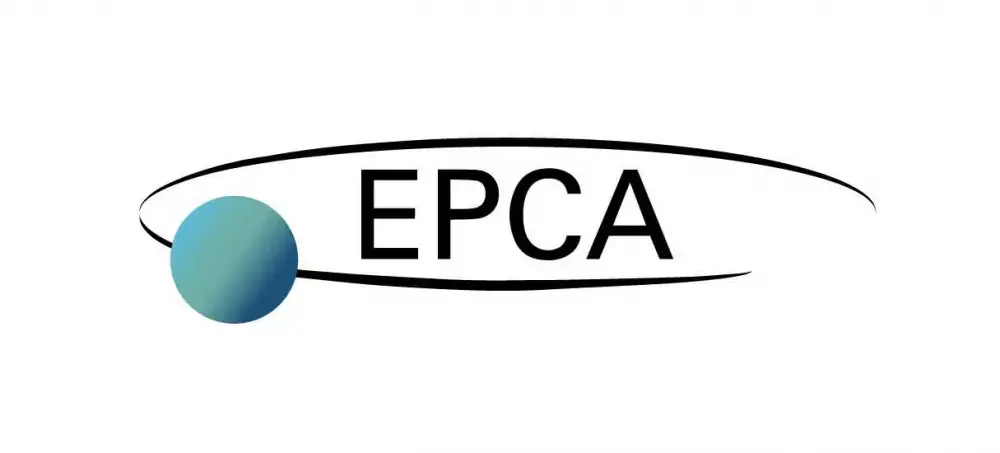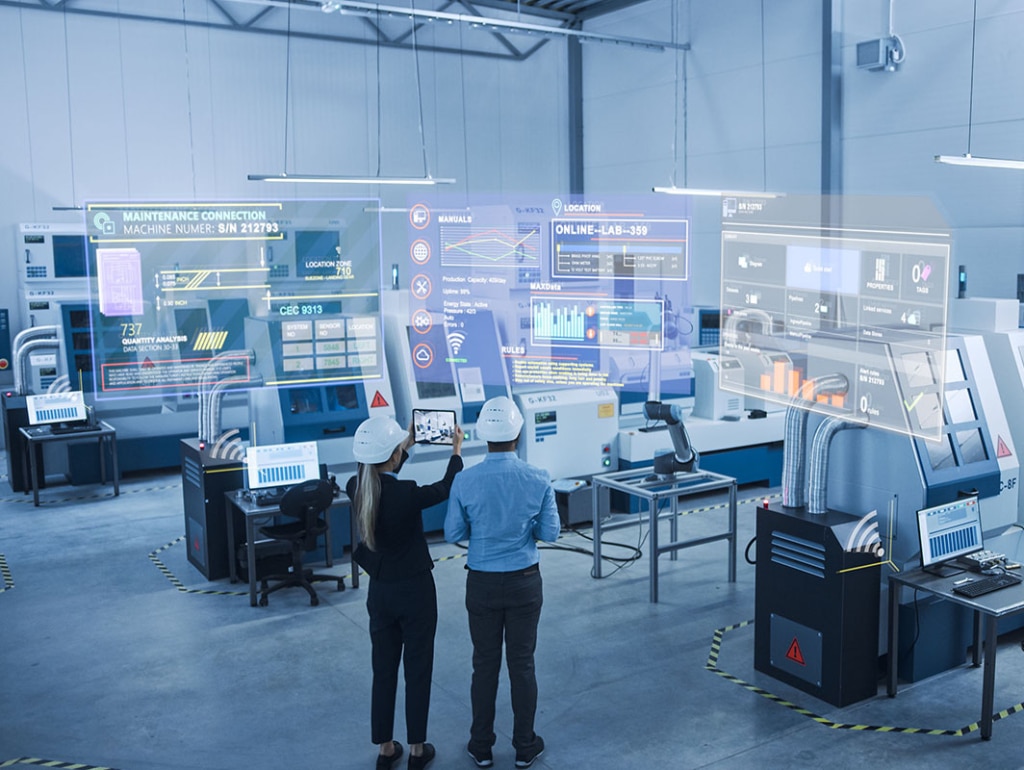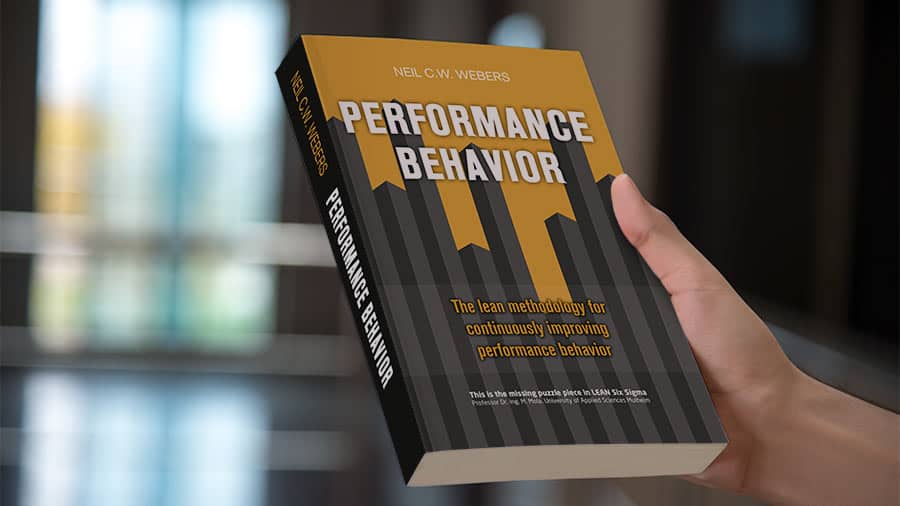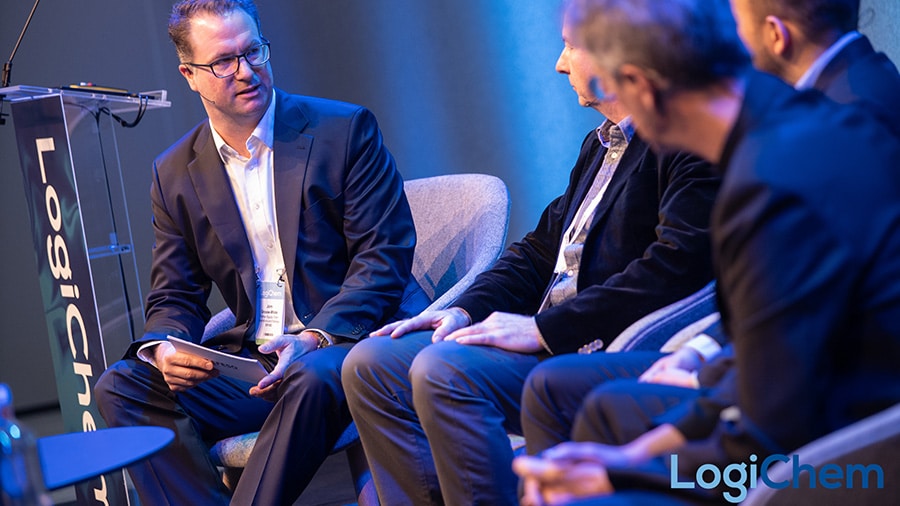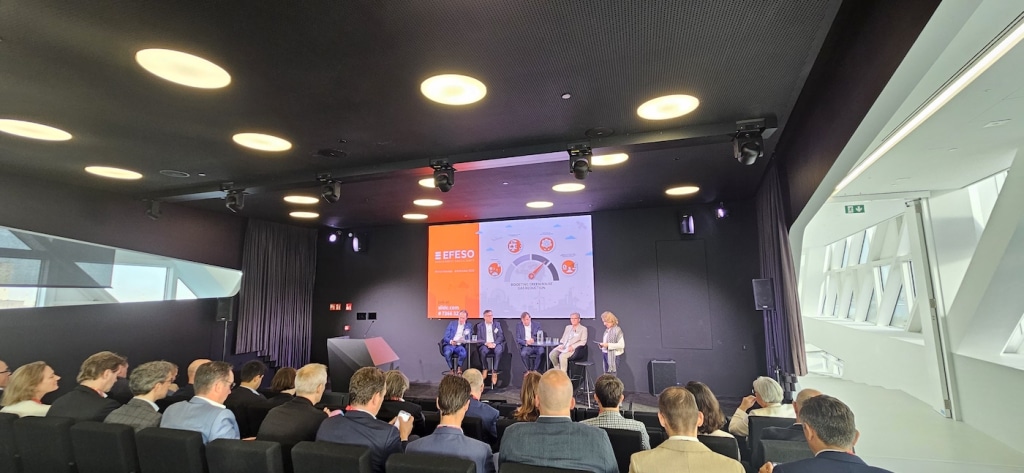Improvement in OEE (overall equipment effectiveness)


Turning Volatility into Competitive Advantage
The chemical industry is cyclical by nature, facing deep downturns followed by surges in demand. These cycles were once predictable, but today’s geopolitical turmoil has made the rhythm less clear – companies must be ready for rapid change. Controlling operating costs and responding to demand shifts is critical, while also complying with regulatory and environmental requirements.
There is potential for significant efficiency improvements in chemical manufacturing. Facilities typically run at 70 – 92 percent overall equipment effectiveness (OEE), with energy costs accounting for up to 30 percent of production expenses. Environmental compliance also often requires capital-intensive process modifications.
Workforce transitions and demographic challenges add complexity for leaders as experienced operators and engineers retire with decades of process knowledge and recruitment remains difficult. Supply chain variability further complicates planning with fluctuations in raw material availability and pricing.
This convergence creates opportunity for transformation. Together with your teams, we boost asset productivity, optimize energy use, and develop workforce capabilities – making stable, efficient and compliant operations the baseline for competitiveness.


Real Results Achieved with our Clients
Our experts work directly on your shop floor and in your boardroom, bridging the gap between strategic vision and operational reality. Working with industry leaders worldwide, we've demonstrated that breakthrough performance emerges when expertise meets execution. Some of the results we have delivered include:
Energy consumption reduction
Reduction in maintenance spend
A Tailored and Pragmatic Approach that Fits your Reality
Corporate transformation begins in plants, labs, and supply chains. We help you shift operations from reactive to predictive and from energy intensive to sustainable.
Our standardized approach ensures consistency, reliability and efficiency through unified procedures, training and audits. We deliver quick, targeted results, grounded in practical expertise that ensure solutions work in reality, and that they last.
We are collaborative and objective, engaging stakeholders to build alignment and equipping your teams with the tools to sustain improvements independently.
By applying proven methodologies, we reduce costs while embedding digital solutions and a culture of continuous improvement. The result is performance gains that reset your competitive baseline – building resilience today and long-term agility for tomorrow.

In a margin-pressured environment, you need to go beyond quick fixes.
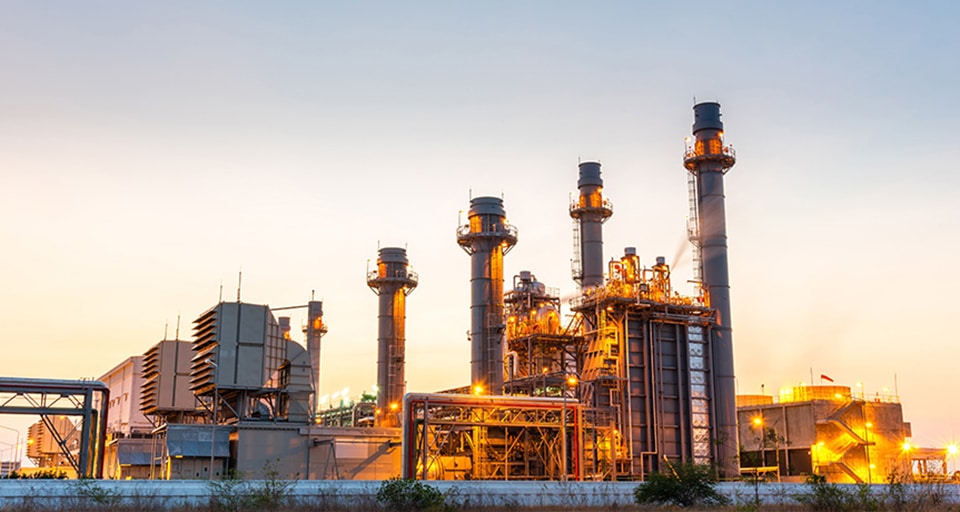
Global disruptions and the discontinuation of key raw materials are challenging established sourcing models.

Pressure to reduce scope 1 and 2 emissions is intensifying – from regulators, customers and also from the bottom line.

Significant M&A and divestitures are underway as organizations refocus on their core businesses and reduce diversification.

Compared with other sectors, digitalization and Industry 4.0 are still at an early stage in the chemical industry.

Market conditions are pushing the chemical industry to optimize processes and workflows.

Accelerating Cost Efficiency

In a margin-pressured environment, you need to go beyond quick fixes. Many organizations face the challenge of achieving cost reductions while sustaining growth. We work with you to apply a strategic, data-driven approach that can unlock up to 25 percent in OpEx savings – supporting lasting performance improvements tailored to your operation.
Our services: Standard Operating Model | Cost Takeout and Value Creation | Leadership development
Supply Chain Maturity and Disruption

Global disruptions and the discontinuation of key raw materials are challenging established sourcing models. For many companies, this means rethinking supply strategies while maintaining business continuity. We work with your teams to design resilient supply chains that are fit for today’s volatility.
Our Services: Redesign industrial footprint | Supply Chain risk assessment | Control tower for performance management
Decarbonization and Clean Energy

Pressure to reduce scope 1 and 2 emissions is intensifying – from regulators, customers and also from the bottom line. Yet the path to sustainable operations is complex. We help you translate your ambitions into a practical roadmap for your business.
Our Services: Decarbonization Roadmaps | | Change Management for Sustainability | ESG Reporting & Compliance
Mergers, Acquisitions and Integrations

Significant M&A and divestitures are underway as organizations refocus on their core businesses and reduce diversification. This trend continues, with recent deals driving “Synergy Programs” to realize promised benefits.
Our Services: Operational Due Diligence | Post-Merger Integration (PMI) | Operating Model Redesign | Change Leadership & Culture Integration | PMO & Execution Support
Digitalization and Industry 4.0

Compared with other sectors, digitalization and Industry 4.0 are still at an early stage in the chemical industry. Comprehensive digital and automation programs remain the exception rather than the rule – yet they hold significant potential. They can also help address demographic challenges, for example by capturing and digitalizing expertise and reducing the need for personnel in roles that appear less attractive.
Our Services: Industry 4.0 assessment / Digitalization roadmap / Advanced process control / Condition-based and predictive maintenance models
Future-proof, zero-based organizations

Market conditions are pushing the chemical industry to optimize processes and workflows. At the same time, and true to the principle “form follows function,” organizational structures must be adapted to create lean yet future-proof models. Given the scale of change, managing the transformation journey with care is essential.
Our Service: Zero-based organizational design / Change management and communication / Target Operating Model.
Our Services to Support your Transformation
Explore how our actionable, high-impact and tailored service offerings help you succeed


The EFESO Touch
Our experts work directly on your shop floor – optimizing your reactors and reducing energy consumption by up to 60 percent. Our Process Kaizen engineers are embedded in your team, transferring capabilities that become part of your organization.
From specialty chemicals to petrochemicals, we have worked with in-house teams to deliver OEE improvements of up to 30 percent across more than 300 projects globally.
Together, we navigate regulatory requirements, address supply chain complexities and integrate digital twins with tangible results. Your teams know the problems; we’ll help you structure solutions that become your competitive advantage.
Meet Some of our Chemicals Team Members

Ready to Thrive in Chemical Volatility?
- Turn market volatility into competitive advantage
- From reactive pricing to predictive operations
- See how chemical leaders protect 20%+ margins

